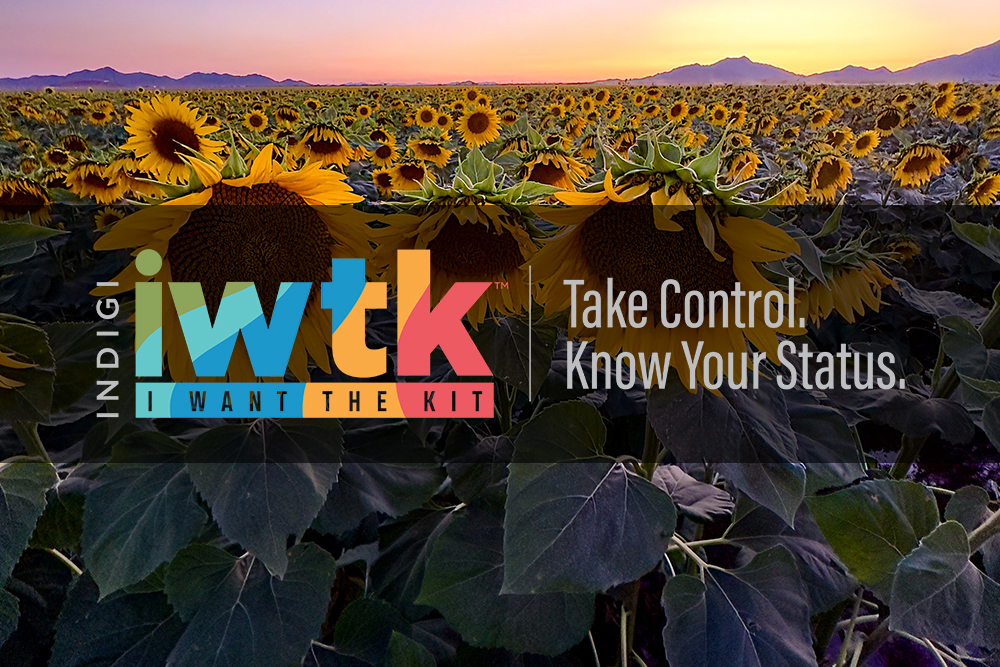In this one-hour webinar, which is part of the Hot Topics series, Gretchen Armington, MA, the Deputy Director of the Center for Innovative Diagnostics for Infectious Diseases (CIDID) at the Johns Hopkins University School of Medicine and the Program Director for I Want The Kit (IWTK), along with Alicia Edwards, MPH, CHES, the HIV/STI Communications Manager in the Syndemic Support Department at the Northwest Portland Area Indian Health Board (NPAIHB), and Cody Knight MPH, CPH, Program Manager on the Southern Plains Tribal Health Board will tell the story of STIs in Indian Country. The presentation will include a brief historical background of American Indian/Alaska Natives (AI/AN) in the United States, social determinants of health, the rates and locations of STIs in Indian Country, and the IWTK intervention. The presenters will also share some preliminary data on uptake to date, information on successes, limitations, and practical next steps.
Learning Objectives
- Discuss elements of the historical background of AI/AN populations in the United States, especially regarding health care.
- Identify rates and locations of STIs in Indian Country.
- Explain IWTK as a service and how it works for clients and health practitioners.
Intended Audiences
Local, state, and tribal public health practitioners
Presenter
Gretchen Armington, MA
Deputy Director, Center for Innovative Diagnostics for Infectious Diseases & IWTK Program Director, Johns Hopkins University School of Medicine
Alicia Edwards, MBA, MPH, CHES
HIV/STI Communications Manager, Northwest Portland Area Indian Health Board
Cody Knight MPH, CPH
Program Manager, Southern Plains Tribal Health Board
Discussion Questions
- How receptive are you or your clients to self-collection and mail-in testing? What further information about self-collection kits would you or your clients want to know before accepting the results of these tests?
- How can you best reach groups for which mail-in testing is intended?
Resources
Continuing Education Credits
Up to 1 CPH recertification credit may be earned by viewing this webinar. Visit the National Board of Public Health Examiners to learn more.
